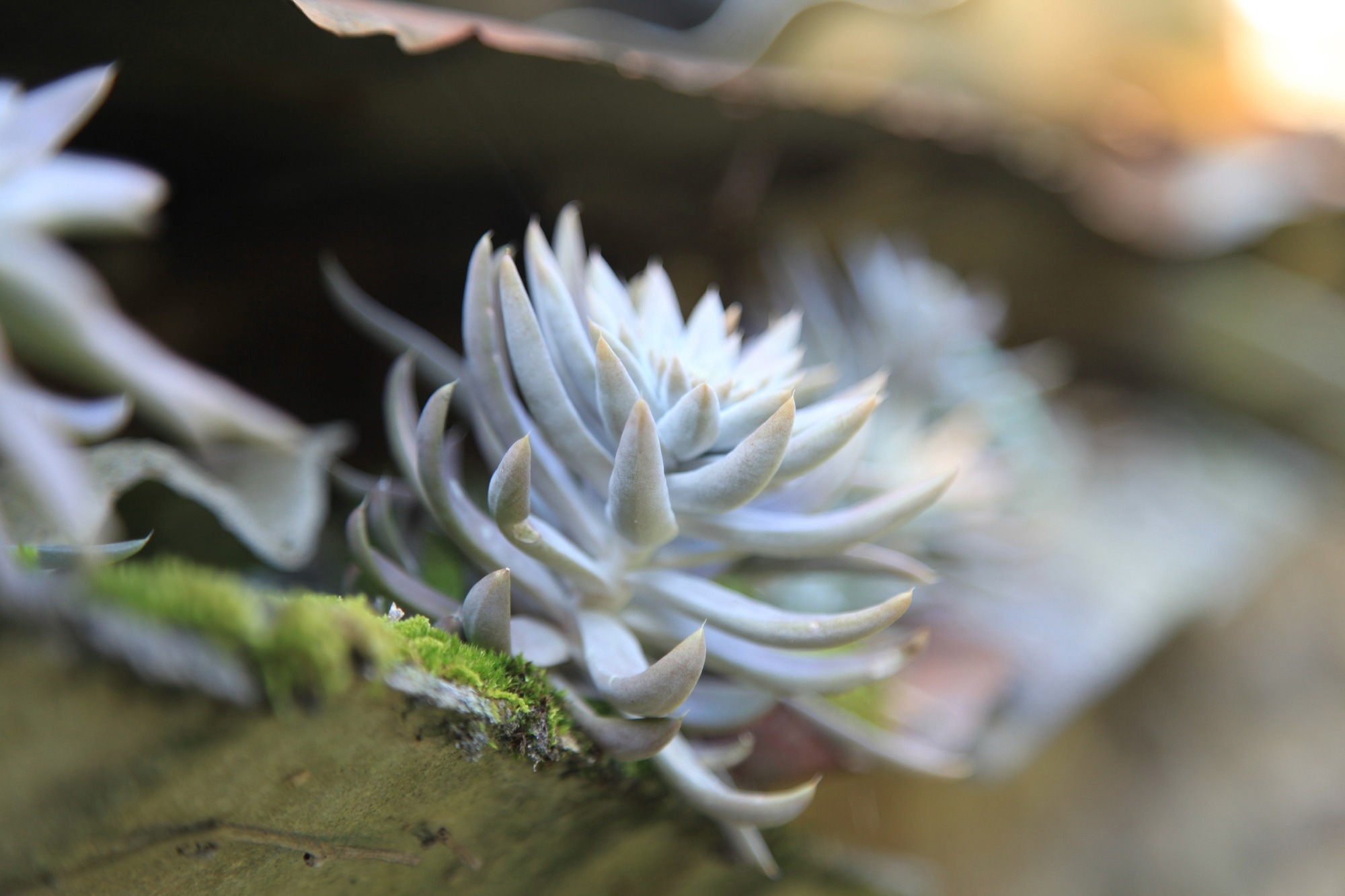
Study: Efficacy of FRO on Acne Vulgaris Pathogenesis. Image Credit: Steve Jangs / Shutterstock.com
What is acne?
Acne vulgaris, which is colloquially referred to as acne, is a common skin condition that occurs due to the plugging of hair follicles with sebum and dead skin cells. Acne affects more than 80% of adolescents and, while not lethal, can be mentally distressing and cause permanent skin pigmentation and scarring in severe cases.
Acne is caused by an interplay of genetic and environmental factors and is generally triggered by hormonal changes accompanying sexual maturation during adolescence. These hormonal imbalances can increase sebum production, as well as upregulate insulin growth factor-1 (IGF-1) and dihydrotestosterone (DHT) activities.
Increased sebum production is considered the first step in acne, as sebum-saturated hair follicles host numerous microorganisms like CA. CA is a natural skin commensal; however, the increased proliferation of its phylotype IA1 causes inflammation and follicular pigmentation, which is externally observable as pimples.
Numerous cosmetic treatments for acne exist, such as retinoid and topical microbial agents used in tandem with chemical peeling, laser/light therapy, and hormonal agents. However, these treatments are relatively expensive and associated with adverse side effects.
Previous studies have investigated plant extracts as cost-effective and natural alternatives to these treatments. Extracts from Rhus verniciflua (RV), a lacquer tree, have been studied as one such alternative; however, its use has been limited by urushiol, which is a key component of this tree that is allergenic.
About the study
FRO is a plant-derived formula comprising a 1:1 ratio of fermentation of RV (FRV) and Orostachys japonicus (OJ) extracts. The formula’s efficacy was tested through in vitro analysis and antimicrobial characterization.
The FRO mixture was first characterized using high-performance liquid chromatography (HPLC) to separate, identify, and quantify its constituents. The mixture’s total phenolic content (TPC) was further assayed to reveal compounds most likely to have antimicrobial properties.
Preliminary in vitro antimicrobial assays were conducted through disc diffusion susceptibility evaluation. CA (phylotype IA1) was first uniformly cultured on an agar plate, upon which 10 mm diameter FRO-soaked filter paper discs were placed. Antimicrobial activity was estimated by measuring the size of the zone of inhibition.
The efficacy of FRO on CA-inducted sebum production and DHT-associated androgen hormone spikes were evaluated using oil-red-staining and Western blot analysis, respectively. Subsequently, 2′,7′-dichlorofluorescein diacetate (DCF-DA) probes were used to test the ability of FRO to neutralize the effects of reactive oxygen species (ROS), which are responsible for acne-associated hyperpigmentation and post-condition scarring.
FRO is effective against acne
The disc diffusion experiment results indicated that 20 μL FRO successfully suppressed CA growth, producing distinct 13 mm inhibition zones at a concentration of 100 mg/mL. FRO significantly suppressed CA-induced increases in sebum production, thereby slowing or reversing acne onset.
FRO was found to be rich in phenolic compounds, including gallic acid, kaempferol, quercetin, and fisetin. The concentration of total phenolic compounds (TPCs) averaged 118.2 mg gallic acid equivalents (GAEs) for every gram of FRO.
FRO significantly reduced cell inflammation caused by CA-induced ROS and cytokine release. The long-term reduction of ROS production would likely reduce hyperpigmentation and scarring.
Conclusions
While dermatological treatments for acne already exist, these treatments are often expensive and may be associated with various unwanted side effects.
The study findings demonstrate that FRO exhibits antimicrobial properties against CA, the bacterium responsible for acne development, thus indicating that FRO is a natural, non-toxic, and cost-effective alternative to conventional acne therapy. FRO also reduced sebum production and hormone expression in vitro, thereby demonstrating its effectiveness in both treating and preventing acne onset.
Previous clinical trials on FRO have shown that individuals using FRO-enhanced face toner and lotions exhibited significantly improved skin elasticity and moisture levels as compared to controls after only six weeks. While that study lacked acne evaluation within a controlled in vitro setting, the current study findings corroborate their results.
Taken together, these results support the future application of FRO in cosmetic therapy, both in treating acne and improving overall skin health.
Correction
This article was edited on 9th June 2023 to replace the main image with one that was more appropriate.